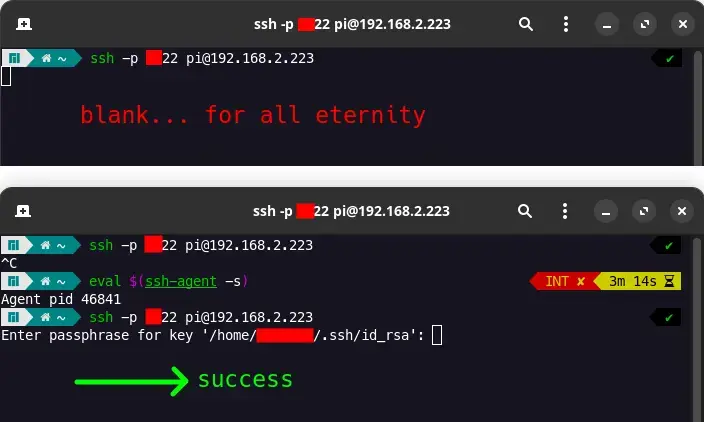115
you are viewing a single comment's thread
view the rest of the comments
view the rest of the comments
this post was submitted on 14 Aug 2024
115 points (98.3% liked)
Linux
47715 readers
1264 users here now
From Wikipedia, the free encyclopedia
Linux is a family of open source Unix-like operating systems based on the Linux kernel, an operating system kernel first released on September 17, 1991 by Linus Torvalds. Linux is typically packaged in a Linux distribution (or distro for short).
Distributions include the Linux kernel and supporting system software and libraries, many of which are provided by the GNU Project. Many Linux distributions use the word "Linux" in their name, but the Free Software Foundation uses the name GNU/Linux to emphasize the importance of GNU software, causing some controversy.
Rules
- Posts must be relevant to operating systems running the Linux kernel. GNU/Linux or otherwise.
- No misinformation
- No NSFW content
- No hate speech, bigotry, etc
Related Communities
Community icon by Alpár-Etele Méder, licensed under CC BY 3.0
founded 5 years ago
MODERATORS

The only reason ssh client would "hang" without any output is when it's waiting for external key storage to allow access. It's designed that way to give user some time to approve access to key storage.
It sometimes happen that the installed key storage is broken in a way that it fails to show user modal, for any reason (showing on wrong screen, wrong desktop, wrong activity, wrong framebuffer, ....)
One solution (that you already did) is to change the SSH agent env variable to point to different key storage.
Another would be (if possible) to uninstall the broken key storage if you don't use it. But it is sometimes needed/used by other apps.
It's overall good to notify/open bug on your distro issue tracker to notify that some packages are missconfigured (maybe have missing dependencies) or conflicts with other ones.